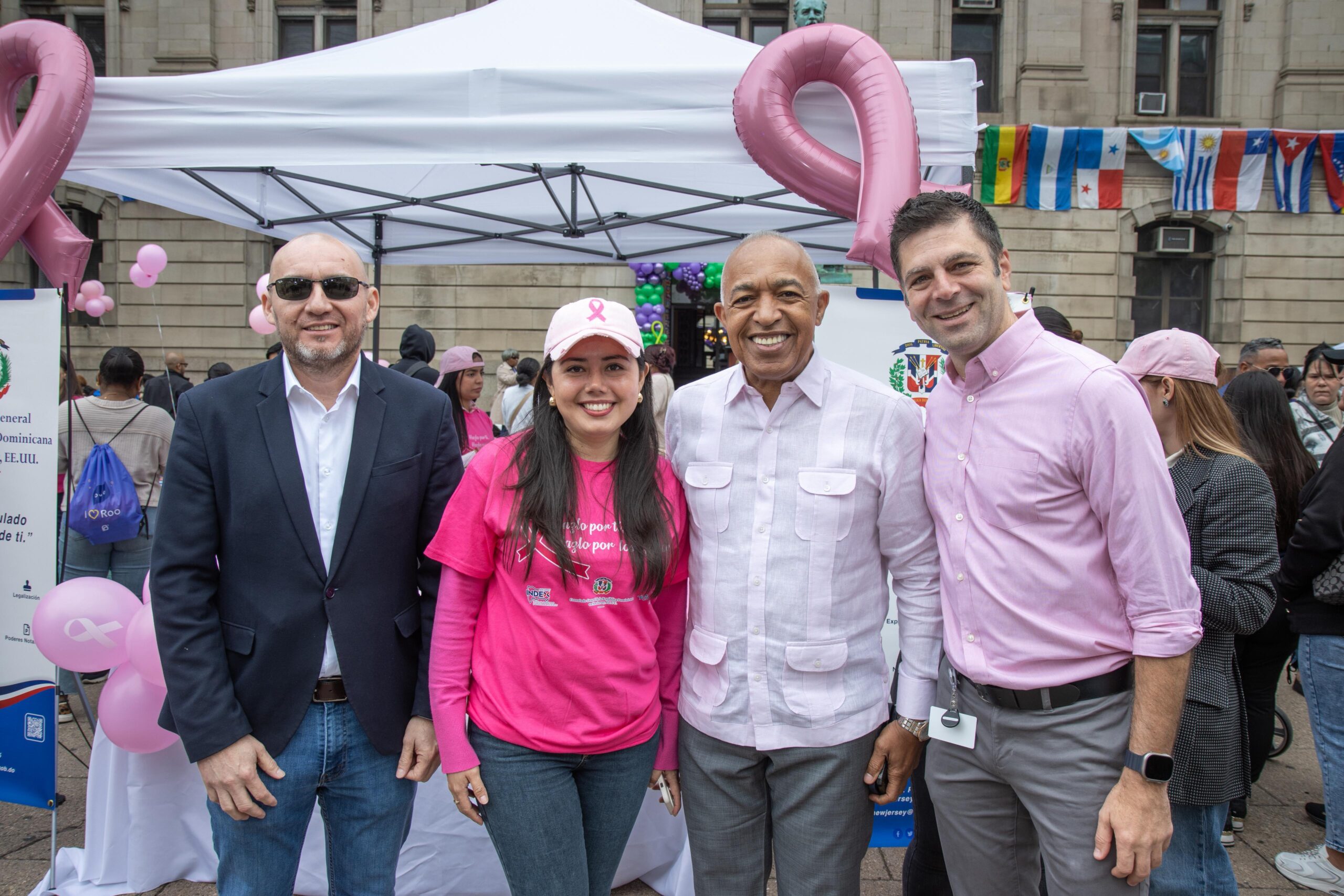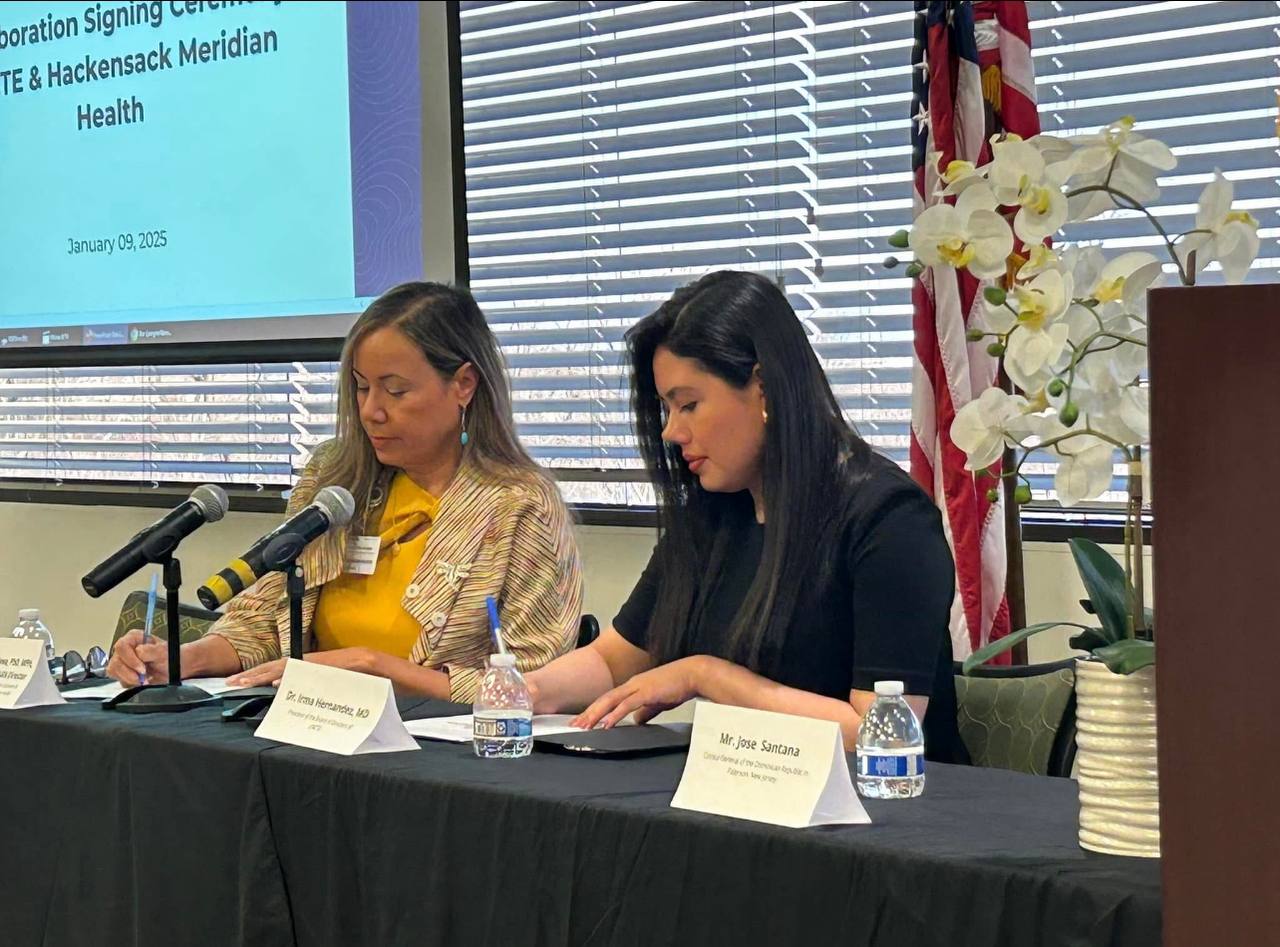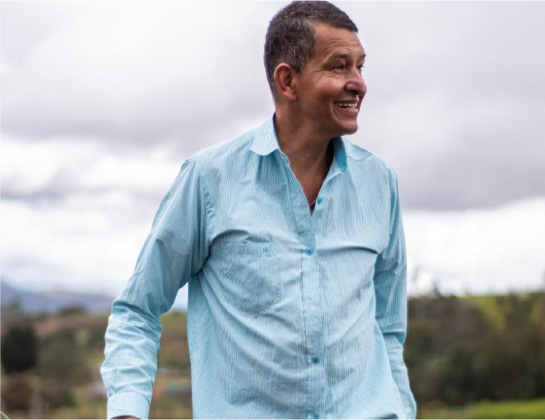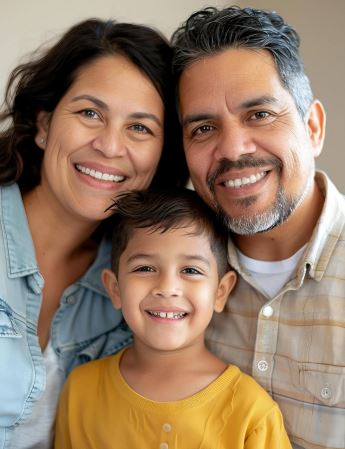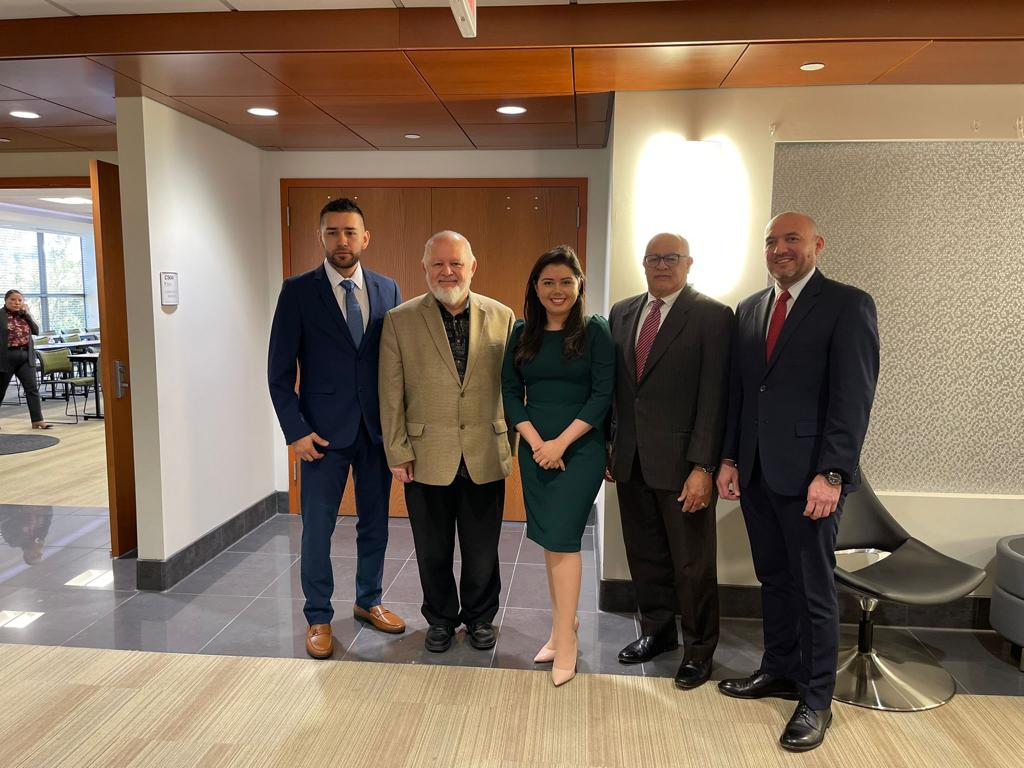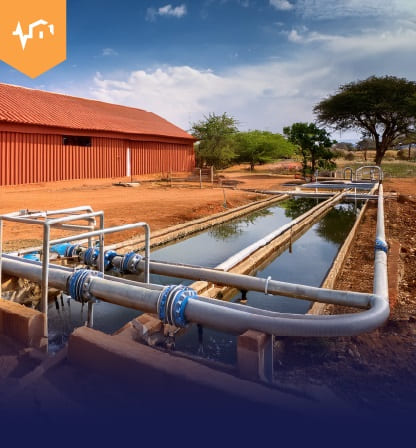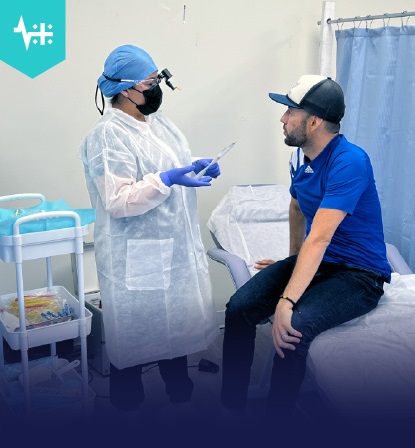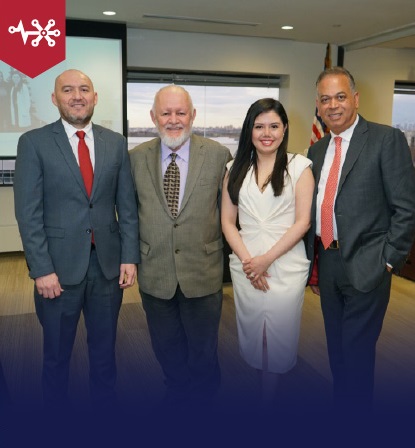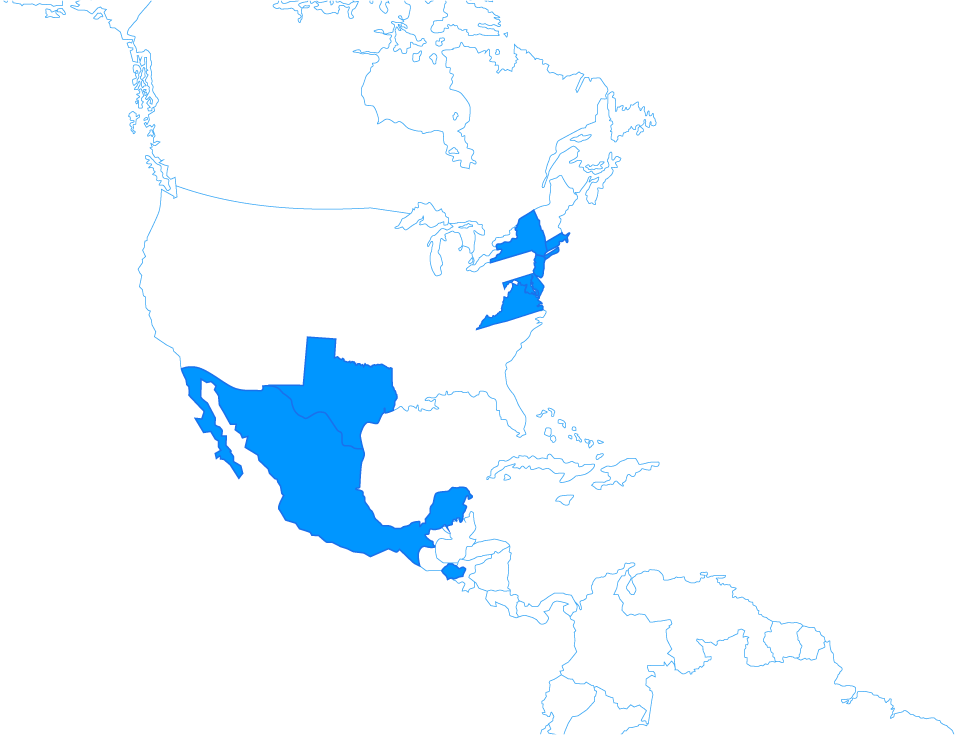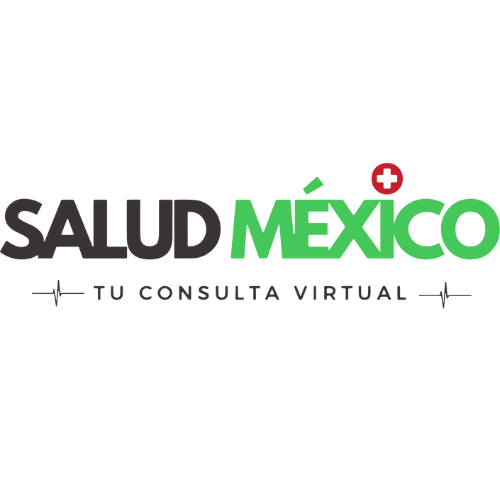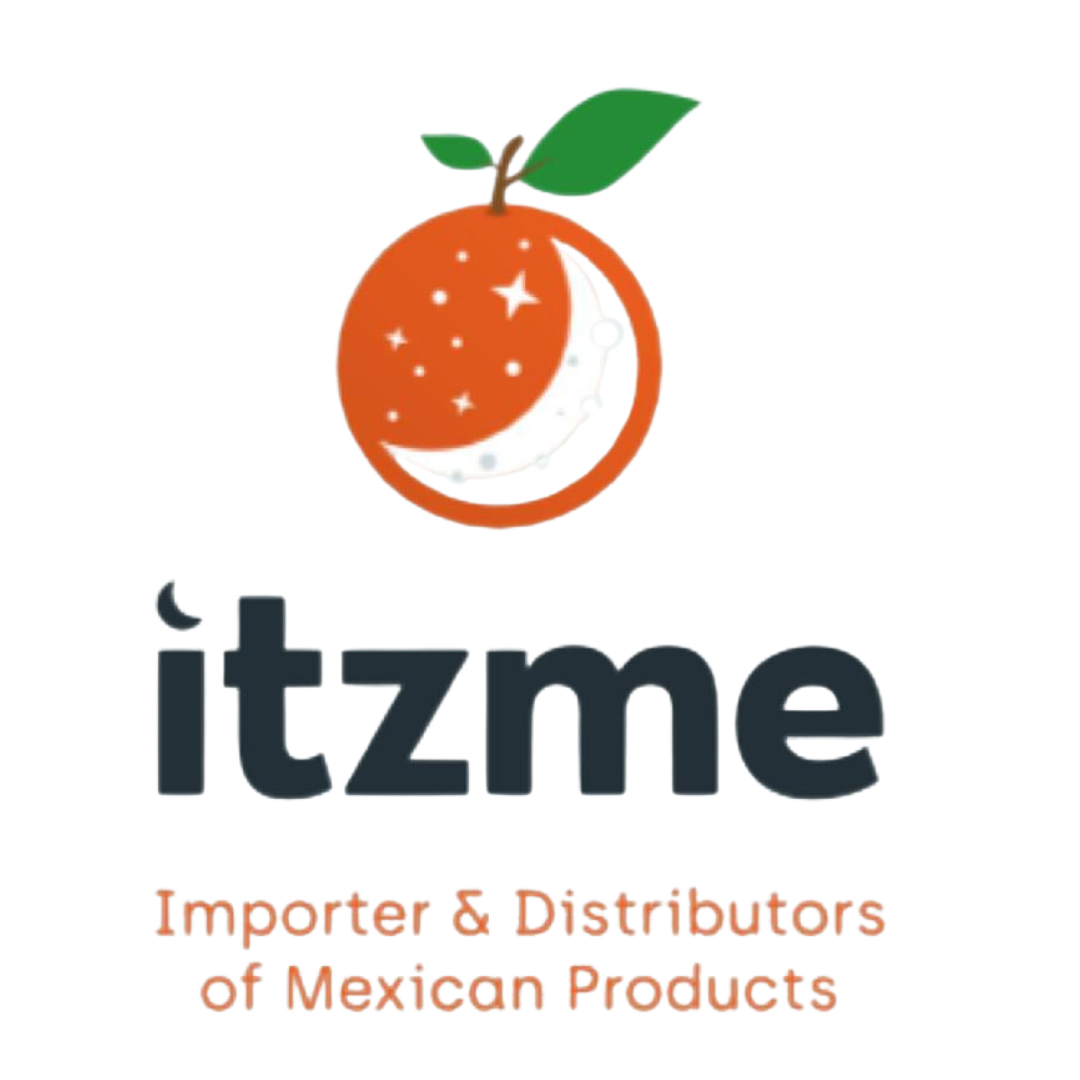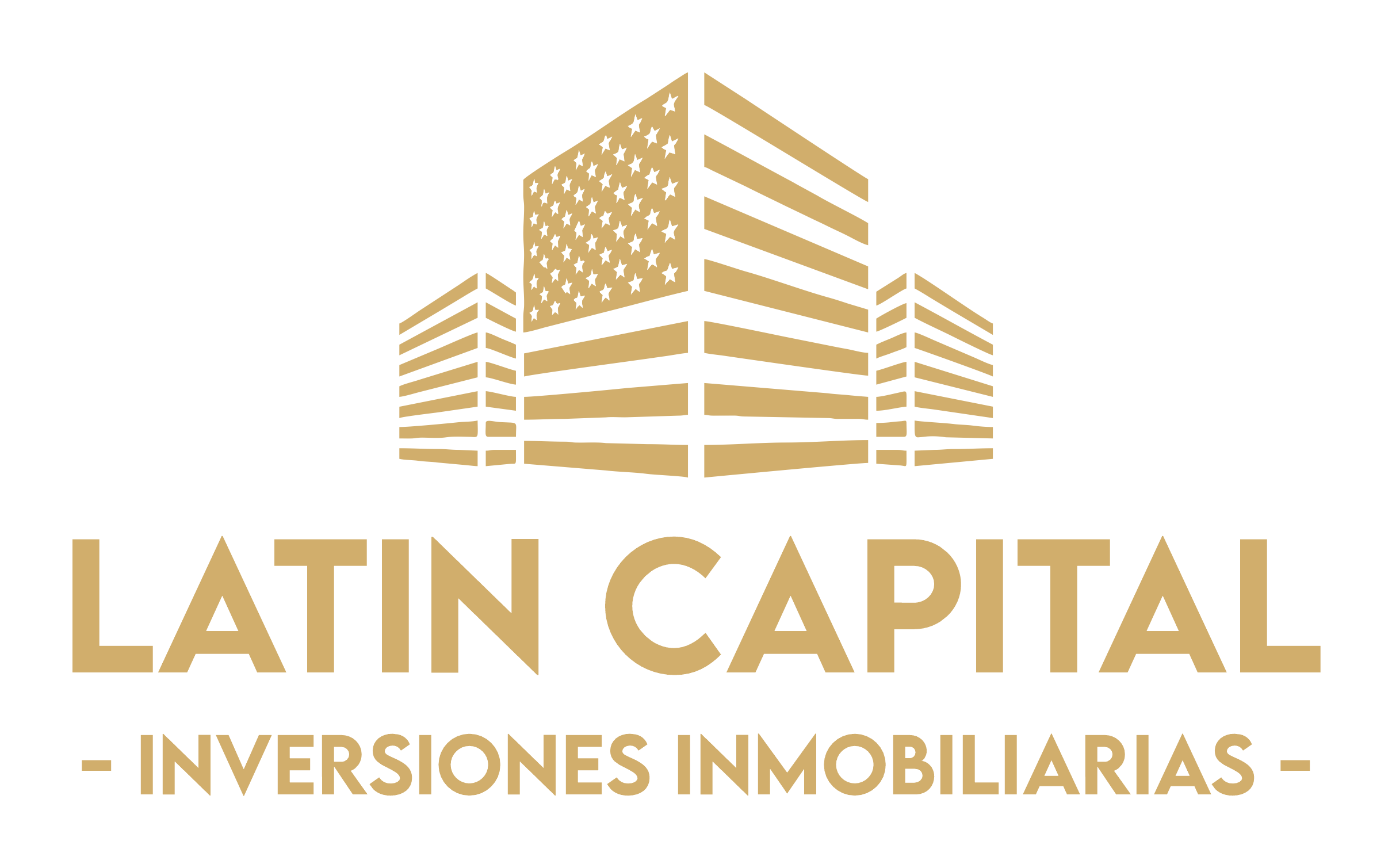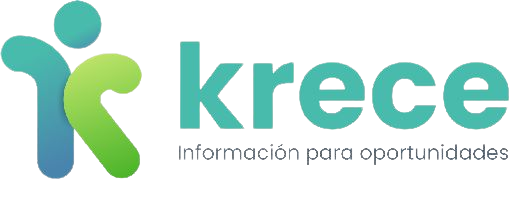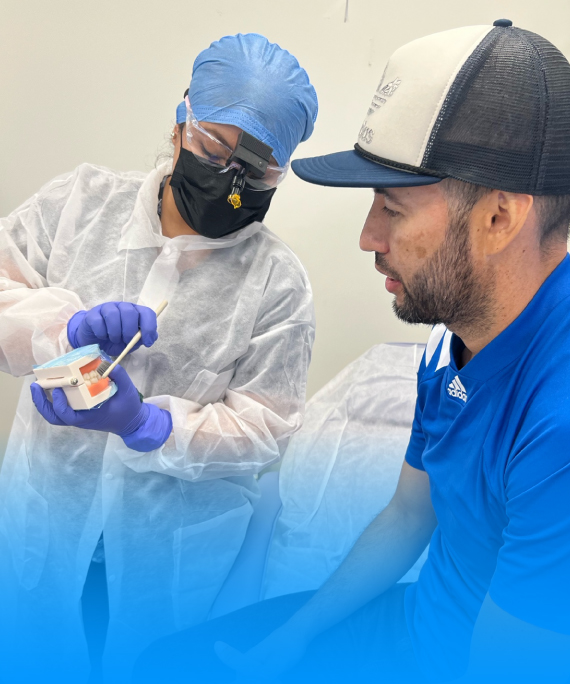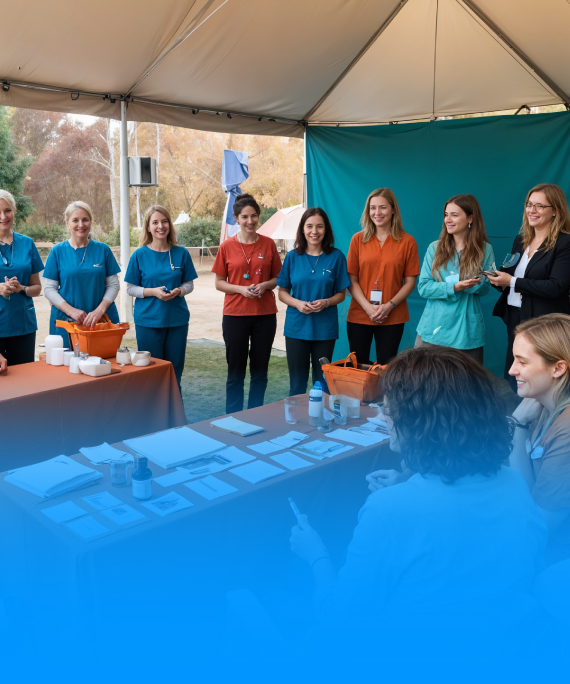We initiate a collaboration story with the Hispanic Association of Health Professionals of New York.
Impact of Preventive Health Brigades in the U.S. in october
Beneficiaries of Social Infrastructure in october
ALLIED CONSULATES
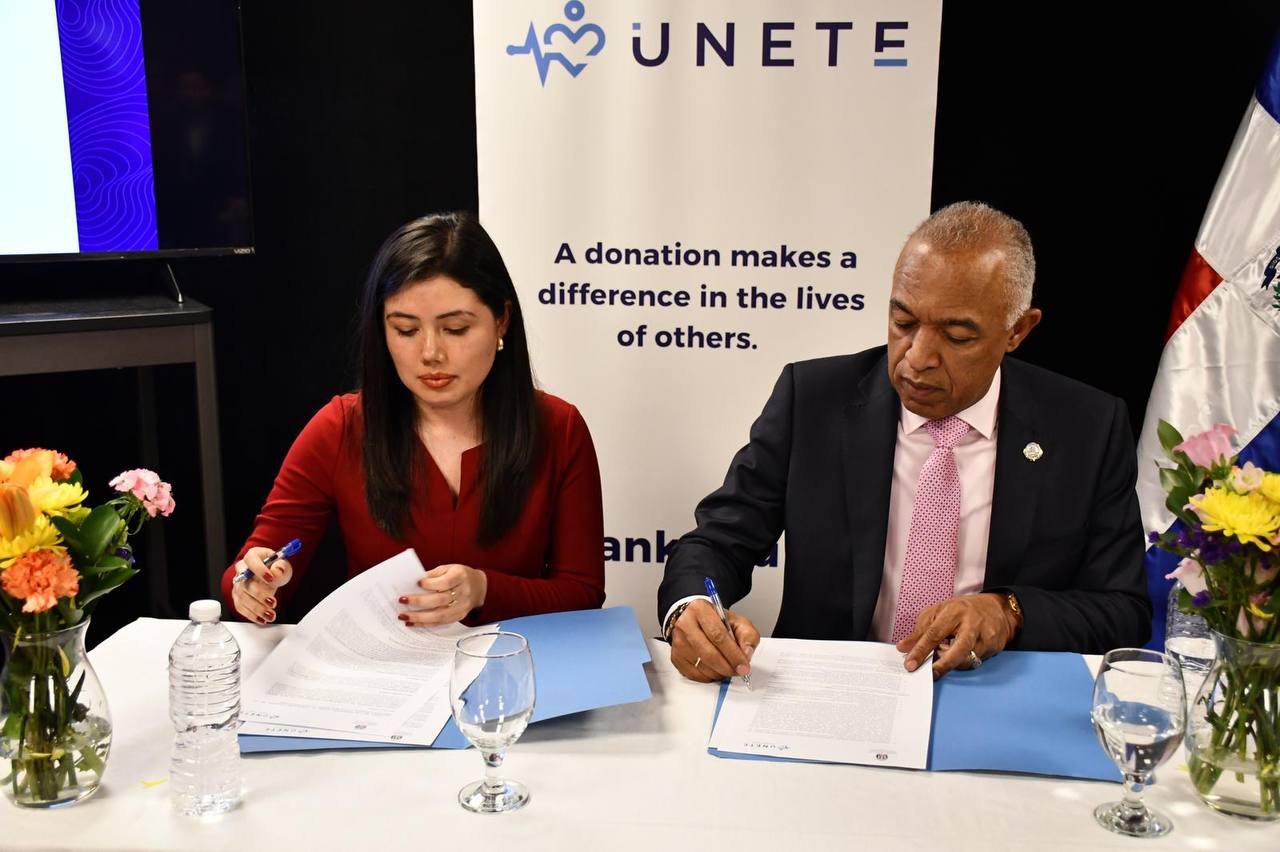
Consulate General of the Dominican Republic
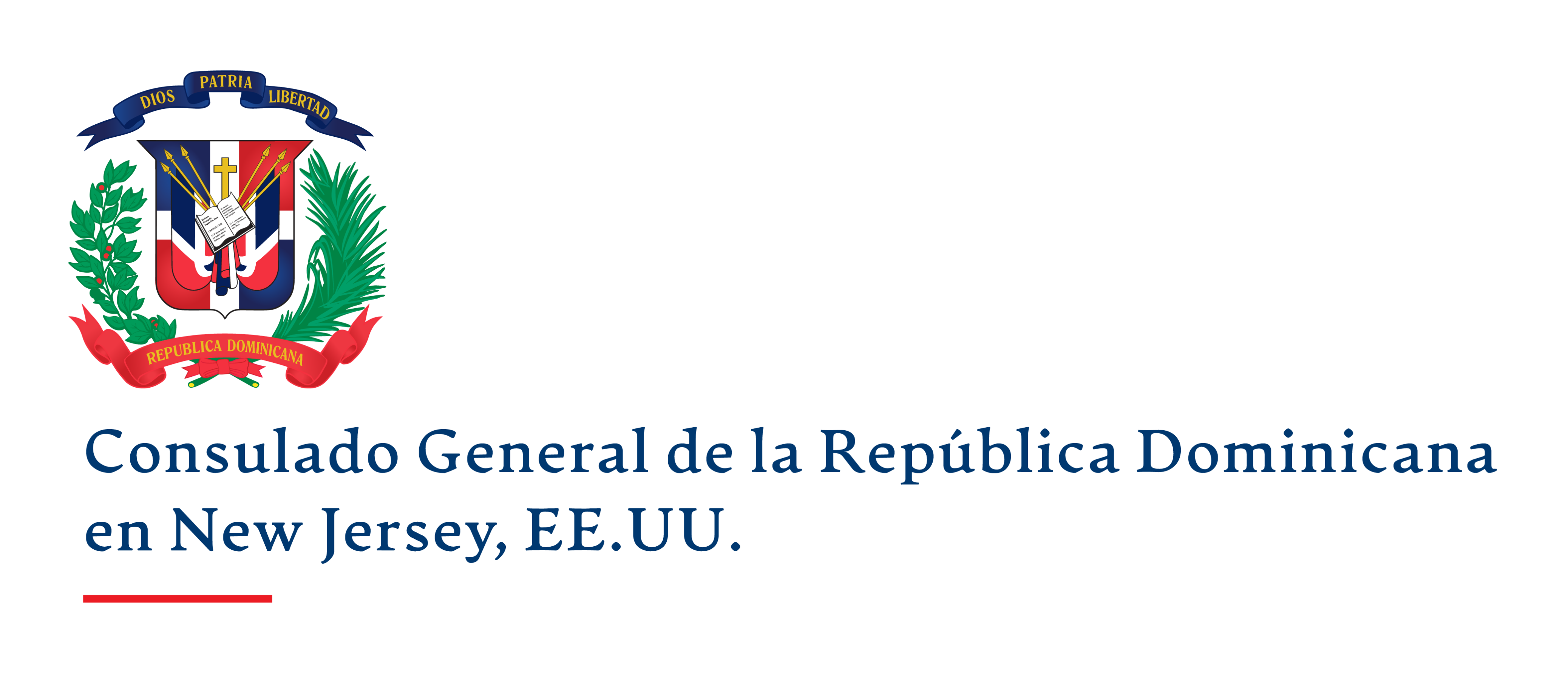
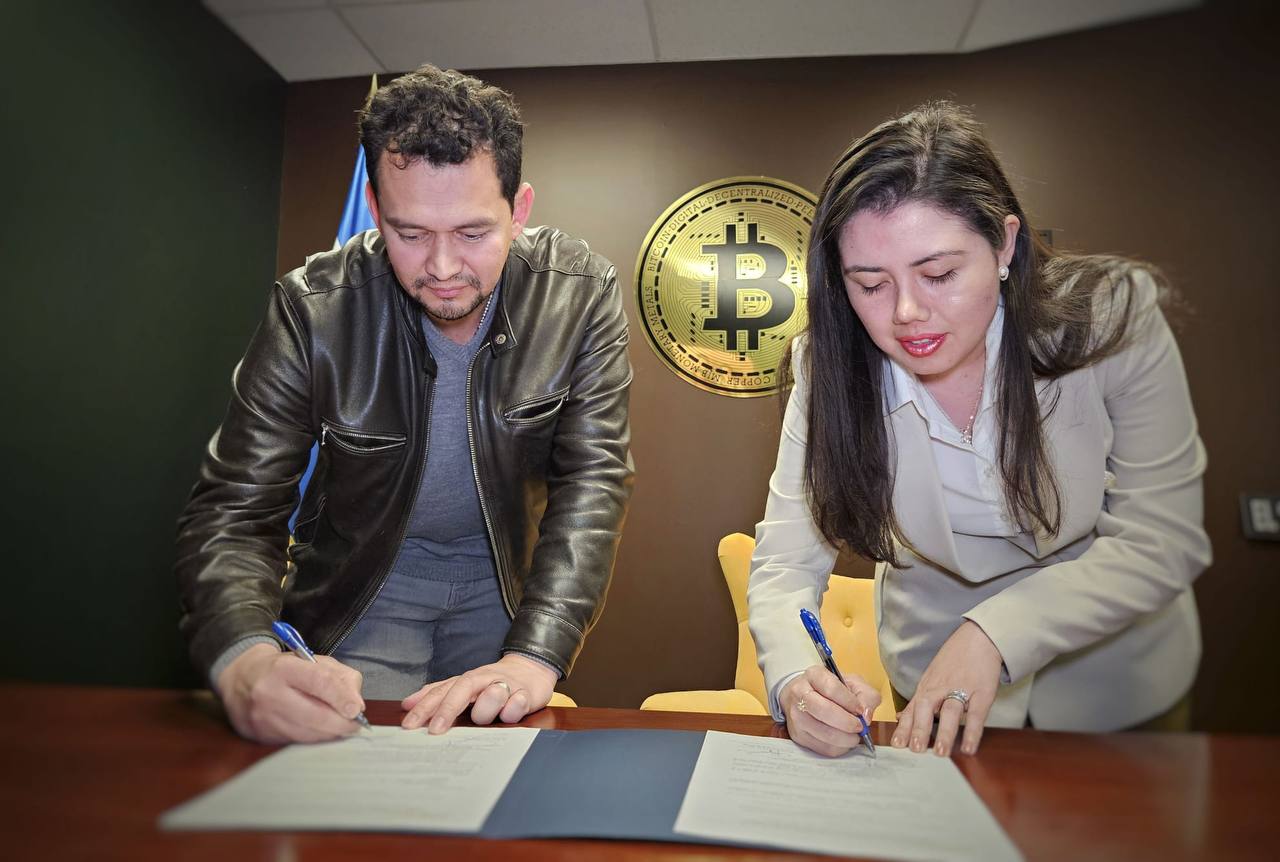
Consulate General of El Salvador
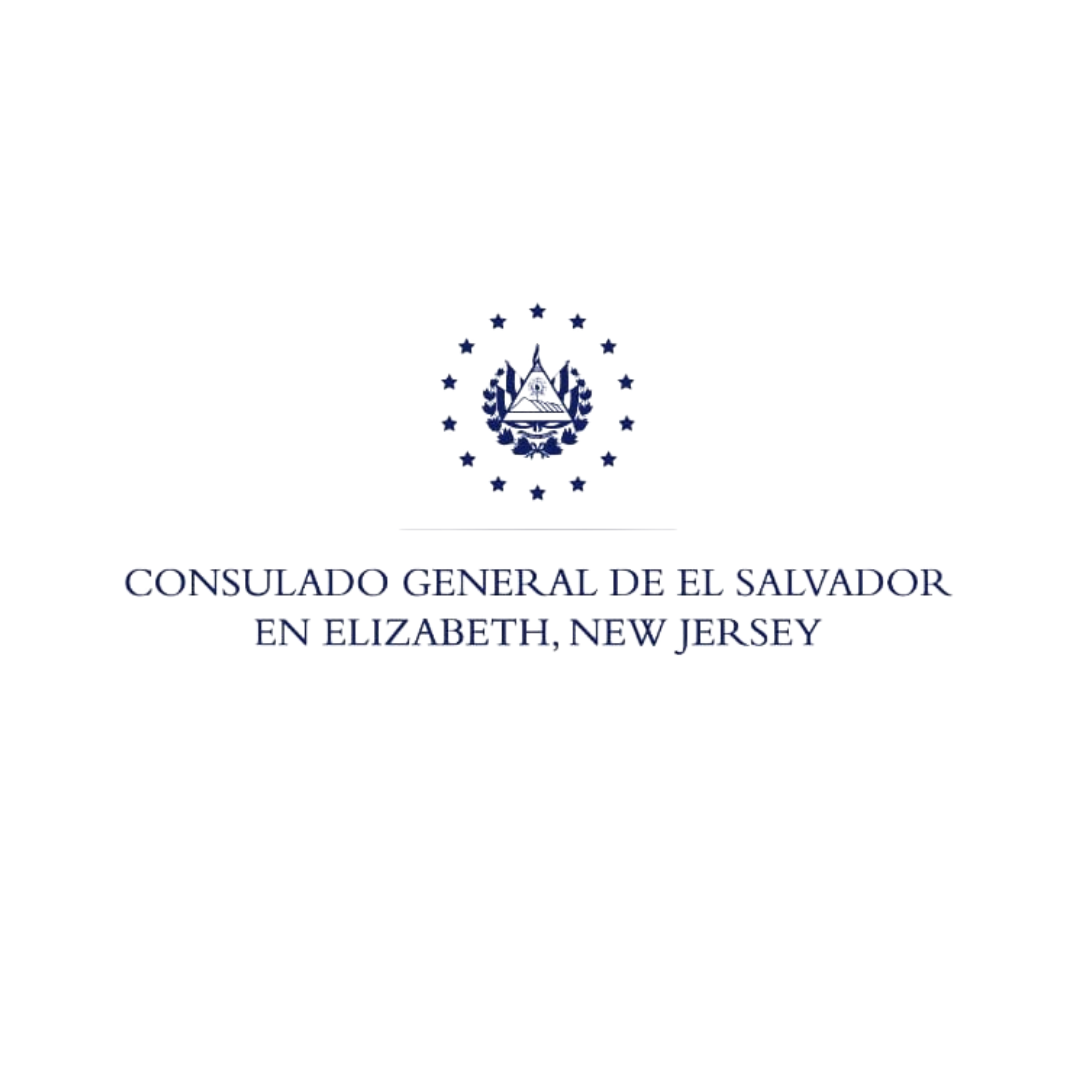
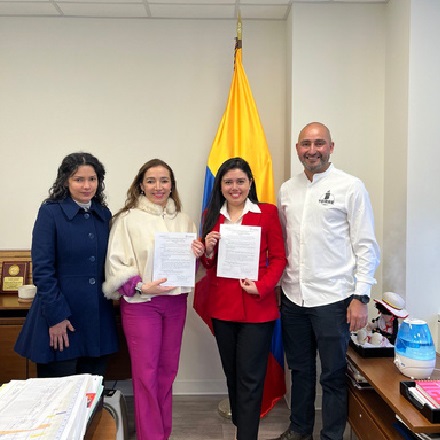
Consulate of Colombia
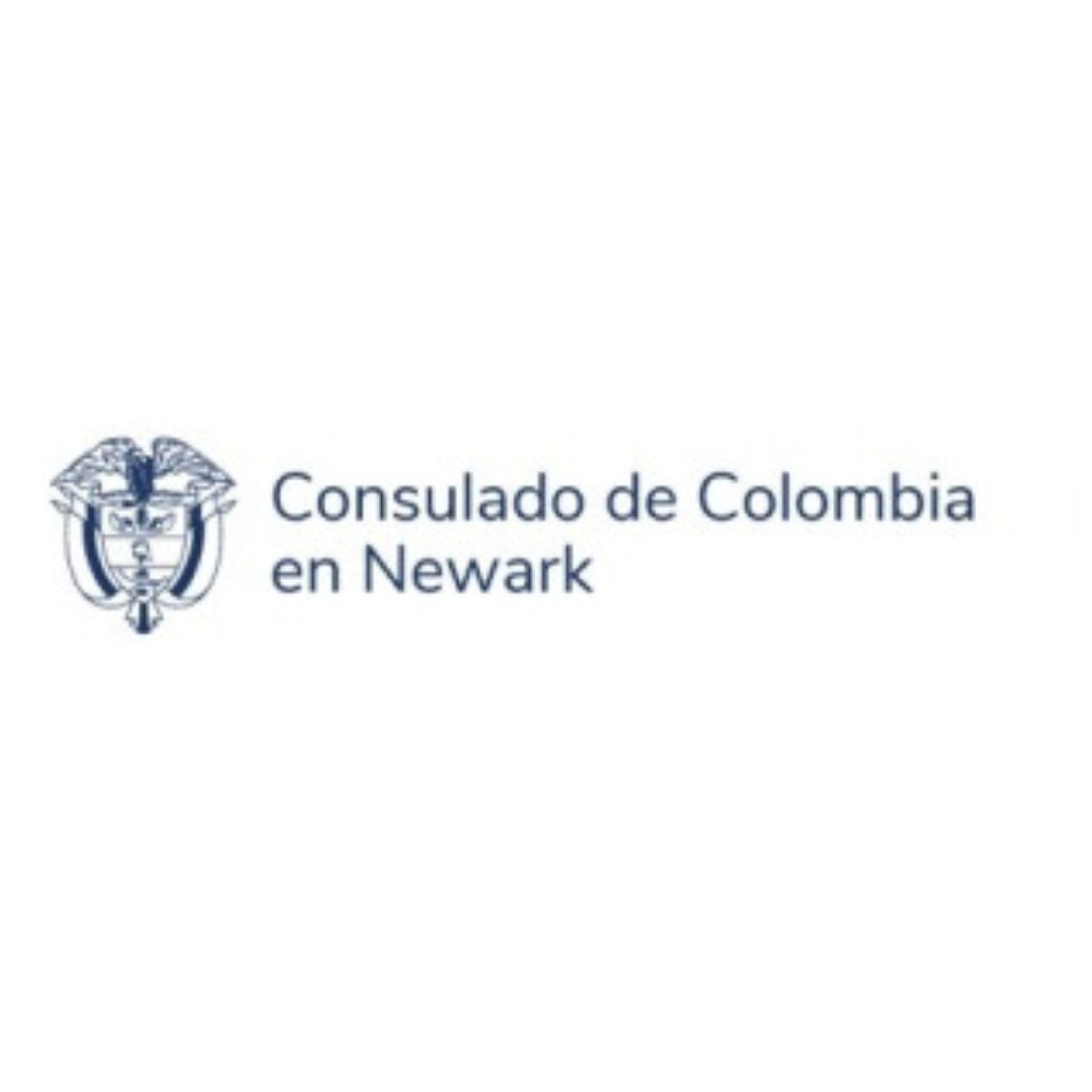
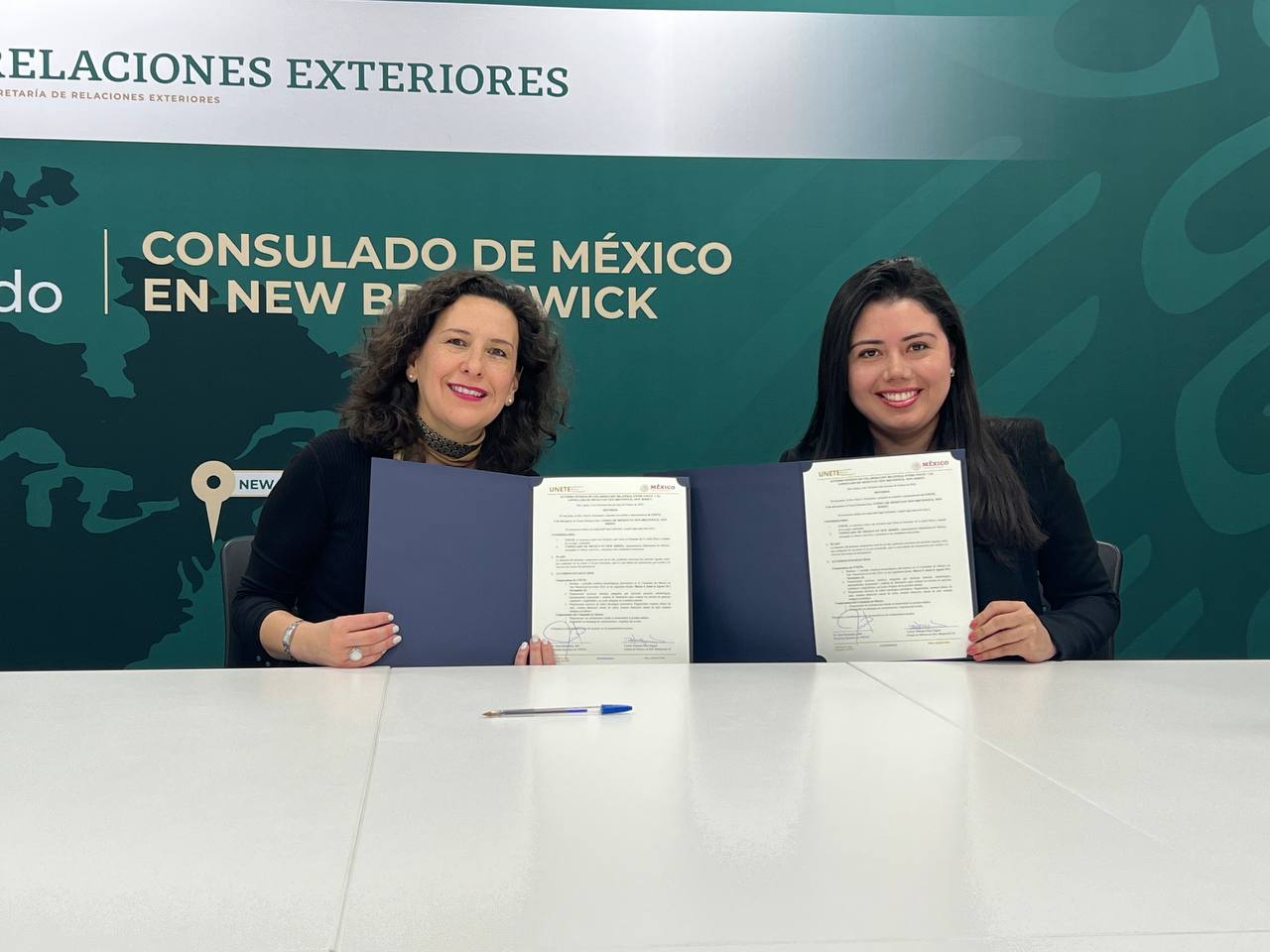
Consulate of Mexico

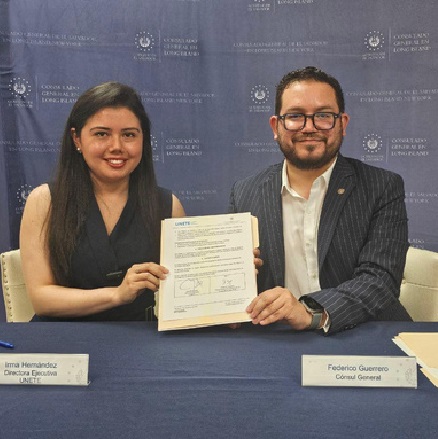
Consulate General of El Salvador
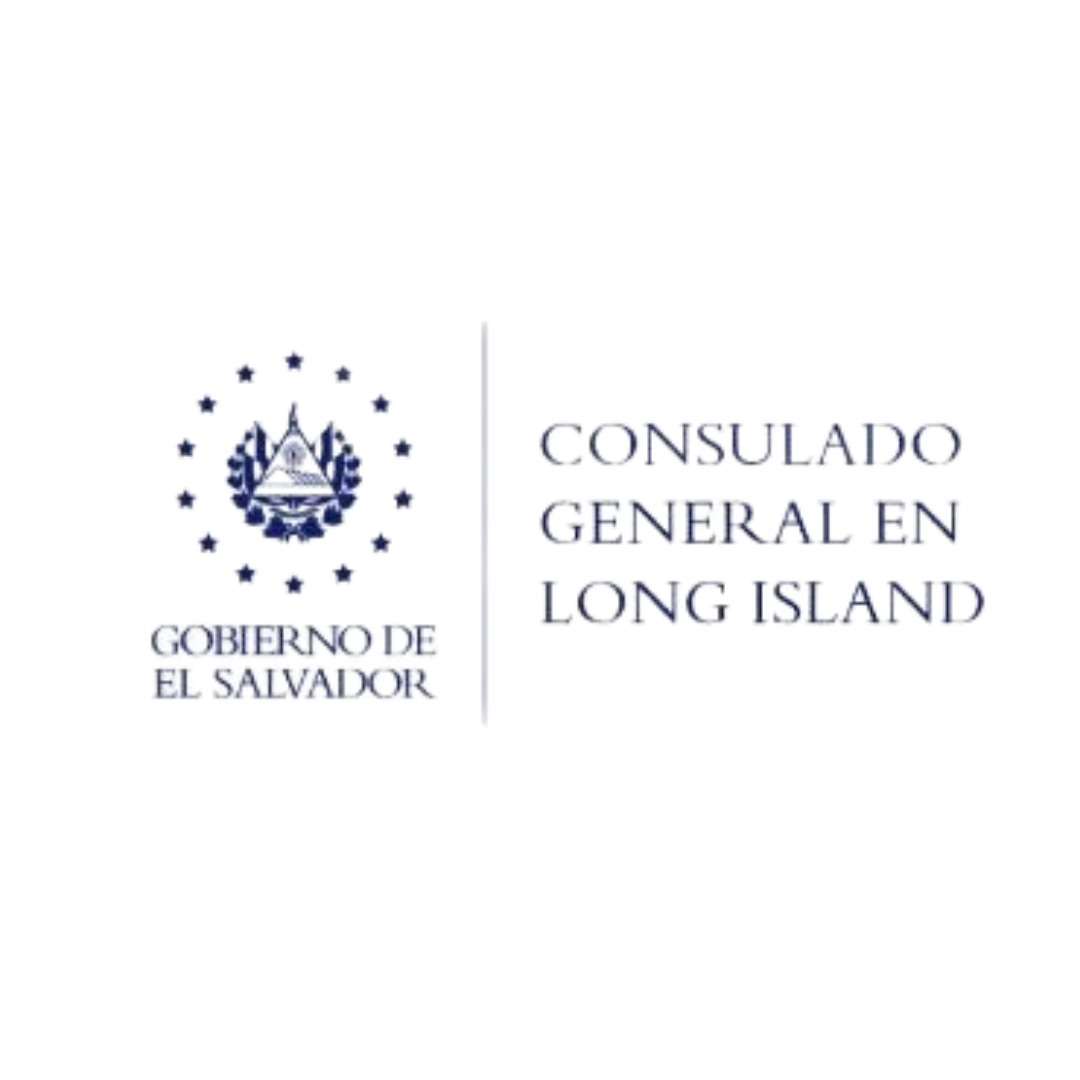
The problem
we face
Despite global advancements in health, millions of people in Latin America and the United States continue to face insurmountable barriers to accessing essential healthcare services. These barriers, rooted in socioeconomic, geographic, and cultural inequalities, primarily affect the most vulnerable communities, putting their well-being and lives at risk.
LACK OF ACCESS TO BASIC HEALTHCARE SERVICES
In many regions of Latin America, more than 50% of the rural population does not have access to basic healthcare services. The lack of medical infrastructure, combined with a shortage of healthcare professionals, exacerbates this situation, leaving thousands of people without the necessary care to prevent and treat diseases.
IMPACT ON MENTAL HEALTH
The lack of access to healthcare services also has a significant impact on mental health. In marginalized communities, where socioeconomic pressures are high, the absence of psychological and psychiatric support worsens conditions like depression, anxiety, and other mental health issues. This creates a vicious cycle of poverty and illness that is difficult to break without proper intervention.
INEQUALITY IN THE DISTRIBUTION OF RESOURCES
The inequality in the distribution of medical resources is evident in both Latin America and certain areas of the United States. While most hospitals and clinics are concentrated in urban areas, rural and migrant communities are often underserved, which increases mortality from preventable diseases. In the United States, migrants and low-income communities face similar challenges, with limited access to healthcare due to the lack of health insurance and language barriers.
UNTREATED PREVENTABLE AND CHRONIC DISEASES
The lack of access to healthcare not only affects immediate care but also the prevention of chronic and communicable diseases. It is estimated that thousands of people in Latin America and the United States suffer from conditions that could have been prevented with early and adequate care. Diabetes, hypertension, and certain types of cancer are just a few of the conditions that, if not treated in time, lead to devastating consequences for families.
THE CHALLENGE OF ACCESSING PREVENTIVE HEALTHCARE
Globally, preventive care is key to reducing the burden of disease and improving quality of life. However, in the most vulnerable communities, preventive care remains an inaccessible luxury. Data shows that only a small fraction of these populations receive health education and preventive checkups, leading to late diagnoses and less effective treatments.
CULTURAL AND LANGUAGE BARRIERS
In addition to physical and economic challenges, many communities face cultural and language barriers that limit their access to healthcare. Migrants in the United States, in particular, often distrust the healthcare system or don’t know how to navigate it, preventing them from seeking the care they need.
OUR RESPONSE
Despite global advancements in health, millions of people in Latin America and the United States continue to face insurmountable barriers to accessing essential healthcare services. These barriers, rooted in socioeconomic, geographic, and cultural inequalities, primarily affect the most vulnerable communities, putting their well-being and lives at risk.
OUR JURISDICTION:
EXPANDING HEALTH AND WELL-BEING
Our work extends across various jurisdictions in the United States and Latin America, including states such as New York and New Jersey. By 2025, our goal is to expand to Texas, Washington DC, Maryland, and Virginia. Additionally, our mission crosses borders, with significant projects in Mexico and El Salvador.
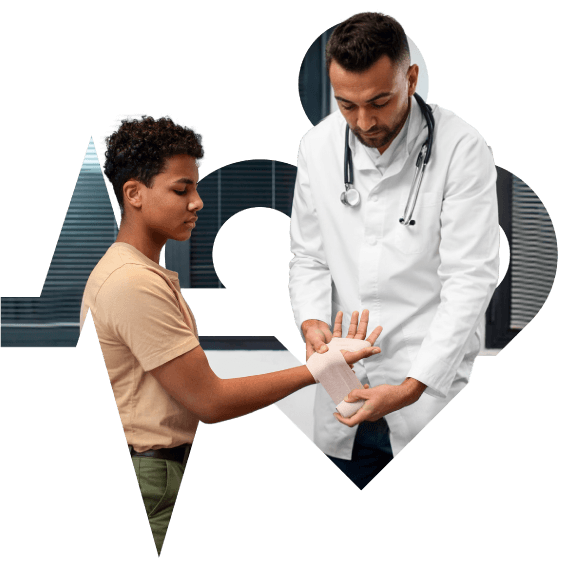
ANNUAL REPORT
2023
Learn about our efforts in medical care, social infrastructure, assistance, and the integration of the business community during the course of 2023.
MAKING AN IMPACT TOGETHER
BOARD OF DIRECTORS

Dr. Irma Hernandez,MD
President of the Board of Directors & CEO of UNETE
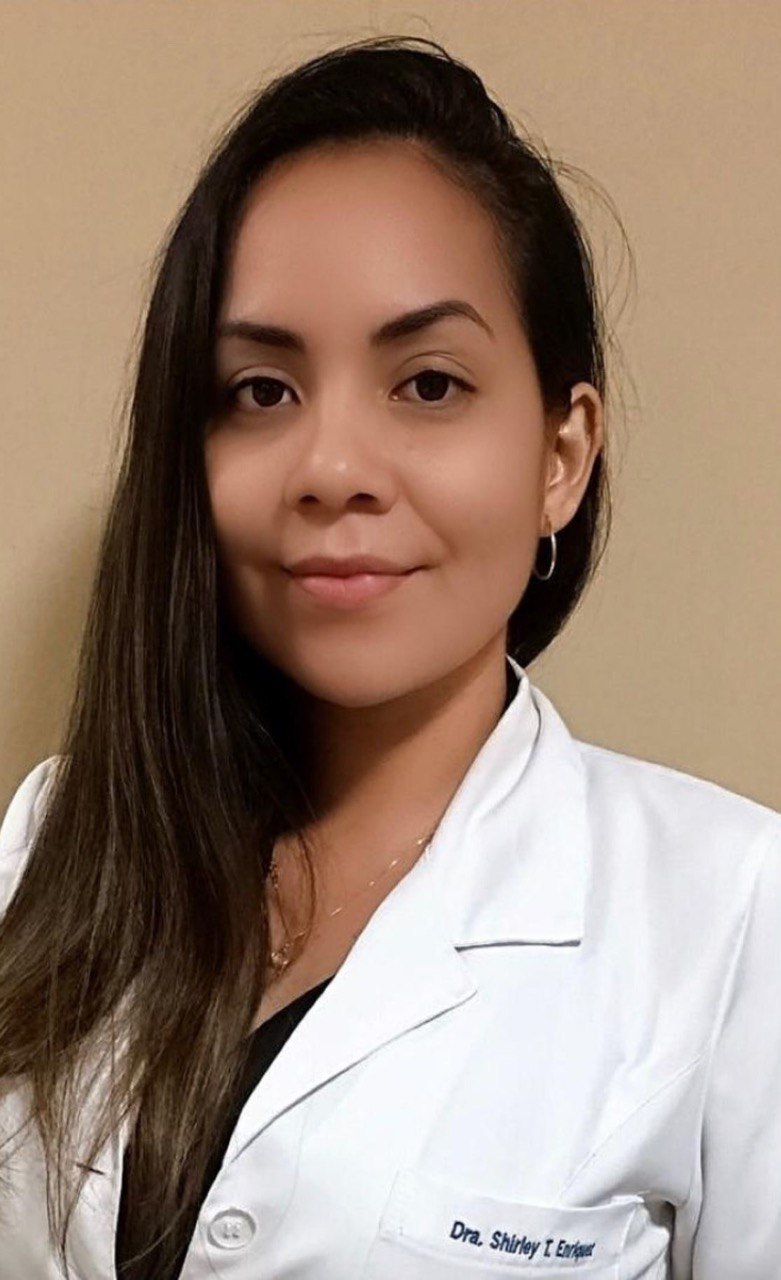
Dr. Shirley Tinajero, MD
Director of Health
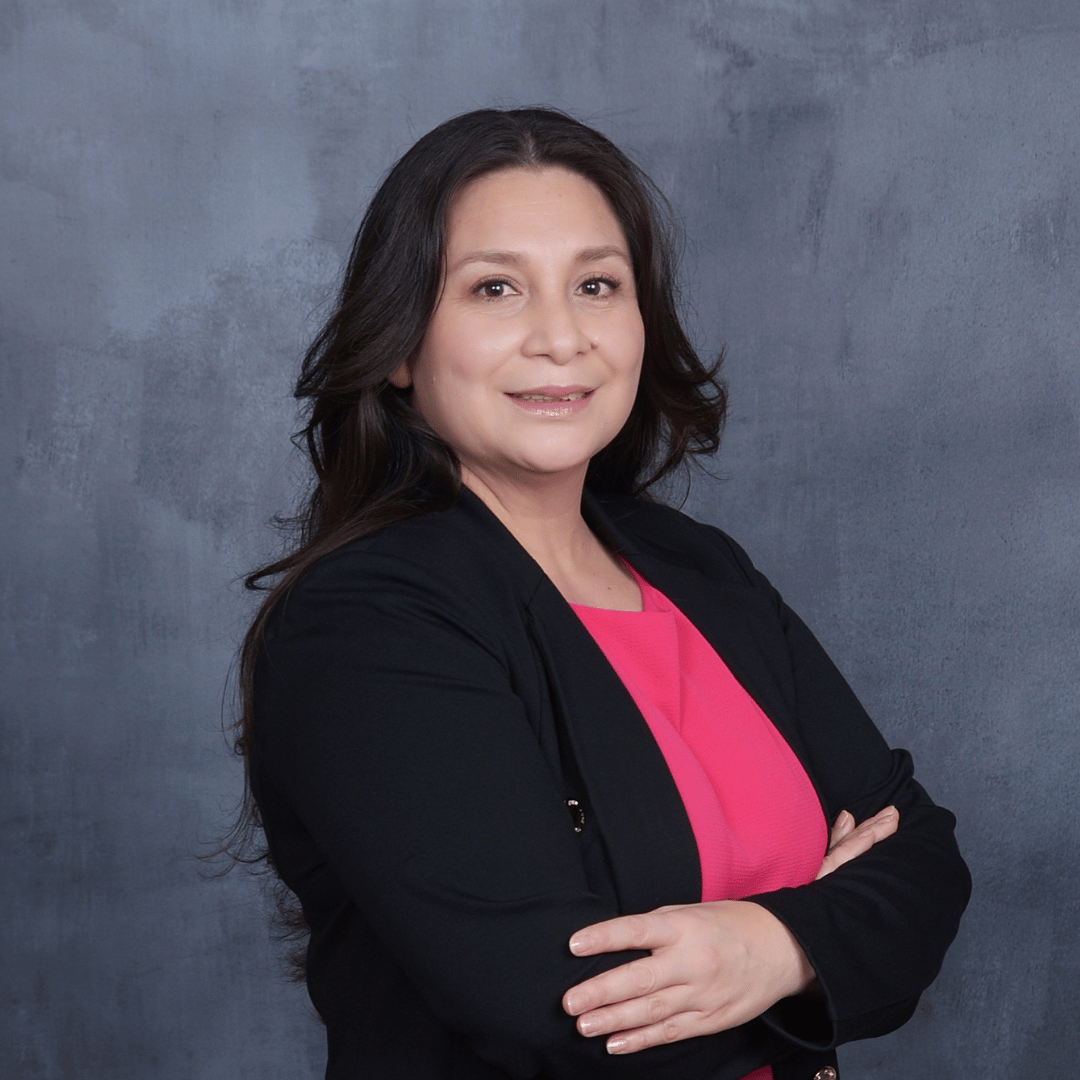
Iris Ramos
Director of the Mental Health Program
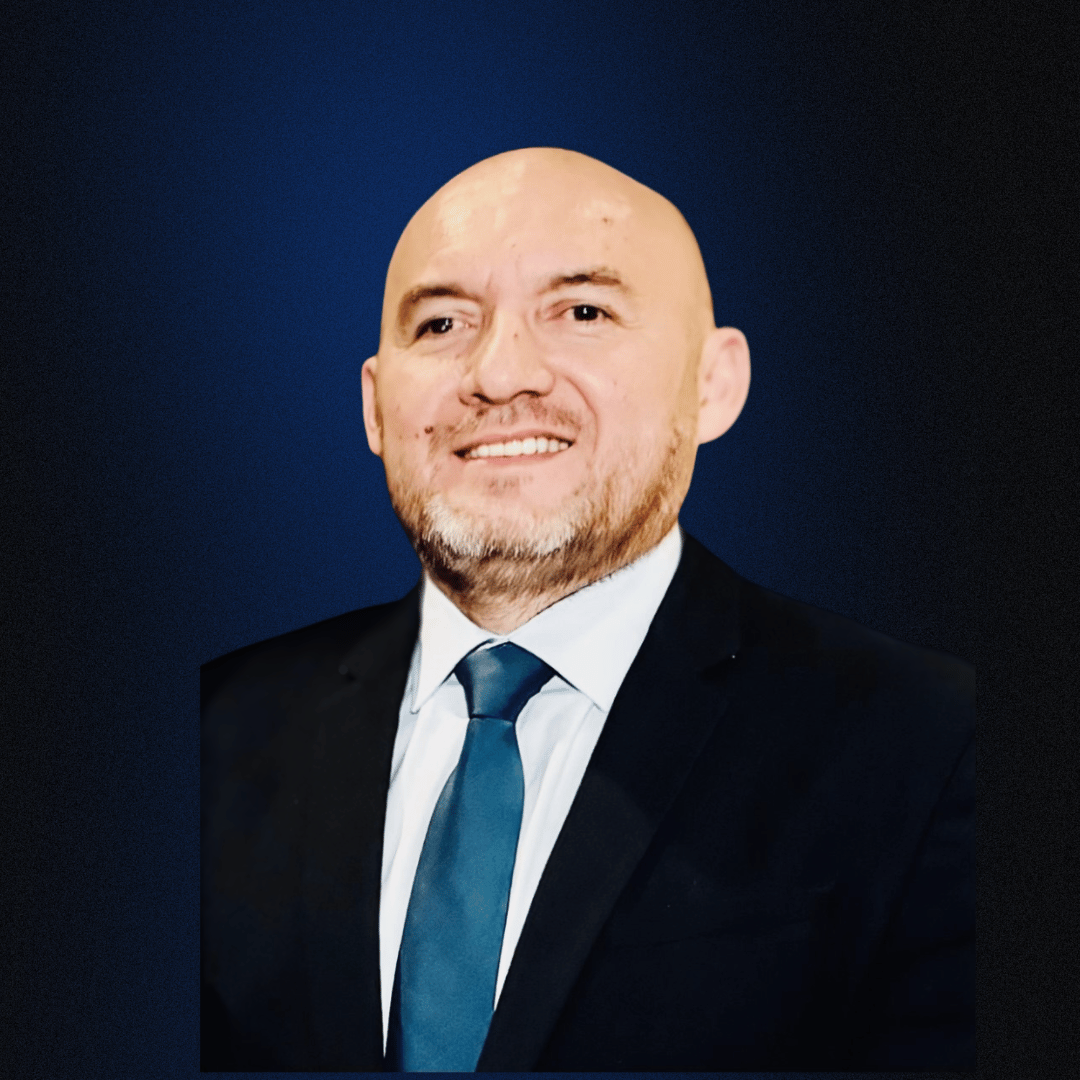
JA Dominguez,MBA
Vice President of Projects
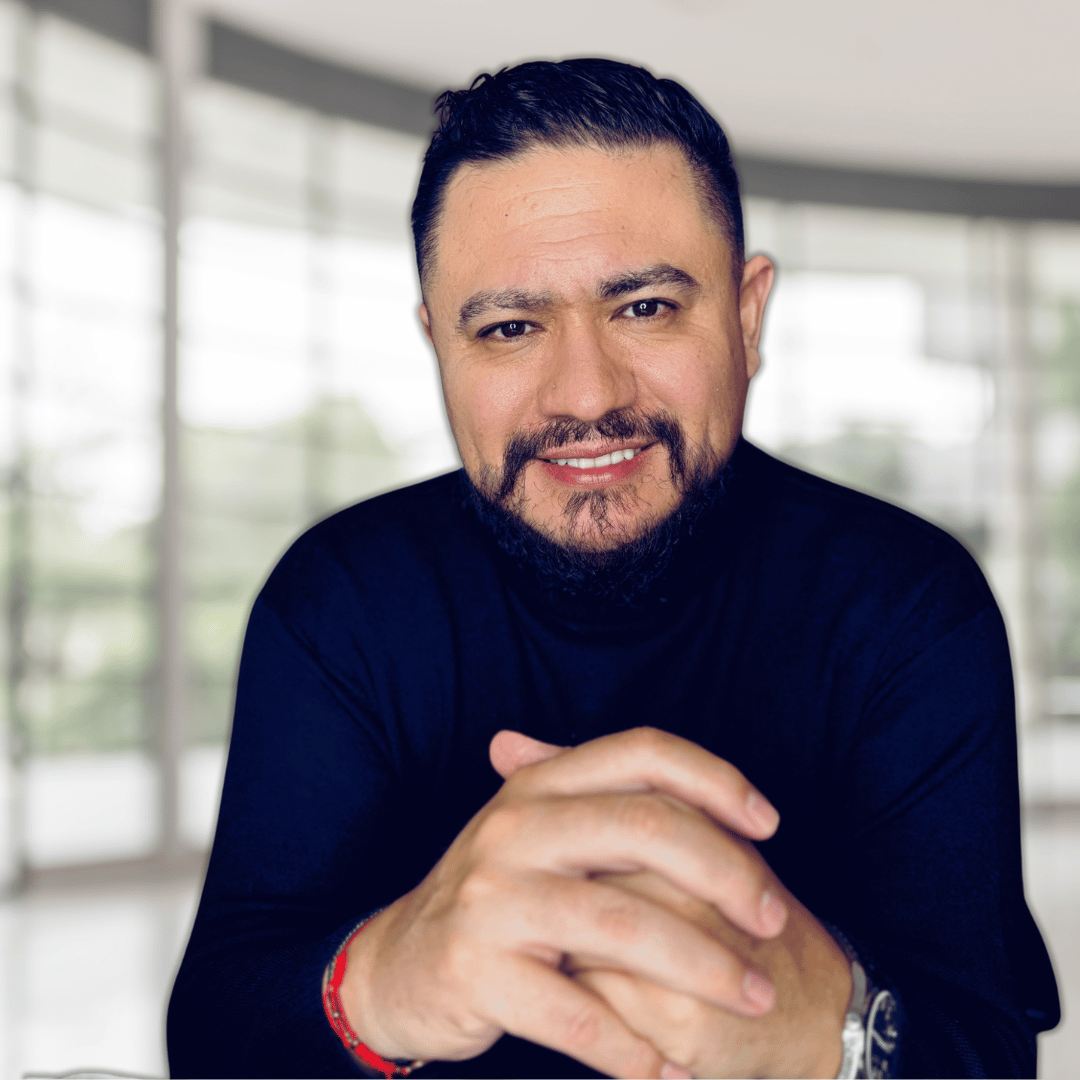
Danny W. Amaya
Director of Communities
OUR TEAM OF COLLABORATORS
Our volunteers are the driving force behind our programs. Join us and share your time and skills to create a positive change.

Melissa N. Pagan DNP, AGNP-C
- Staff
Primary Care

Monica Saenz
- Staff
Community Health Promoter

Karen Chavez, DDS
- Staff
Preventive Dental Medicine

Ana Karen Hervert
- Staff
Psychology
Integrating Socially Responsible Companies with the Most Vulnerable
OUR PARTNERS IN SOCIAL CHANGE
Each of these companies has recognized the importance of supporting social projects for the most vulnerable, and their efforts have made a real impact on the lives of many people.
HOW TO GET INVOLVED
Every action counts and every contribution makes a difference in the lives of those who need it most. Now more than ever, your participation is crucial to continuing our mission of providing equitable access to health and well-being for vulnerable communities. We invite you to join us and be part of this transformative cause.
Every donation received at UNETE is handled with the utmost care and responsibility. We ensure that every penny is effectively allocated to the projects and programs that have the greatest impact on the communities we serve. We publish annual reports that not only show how funds have been used but also the specific results and impact achieved.
If you prefer to offer your time and skills, there are many volunteer opportunities at UNETE. From assisting at events to participating in our medical brigades, your time and dedication are incredibly valuable. Volunteers are fundamental to our work and enable our operations to have a wider reach and deeper impact.
Help us spread our message by becoming an ambassador of UNETE. As an ambassador, you will share information about our work with your network, help organize fundraising events, and promote the importance of preventive health. Your influence can motivate others to support our cause and expand the impact of our work.
We invite companies to collaborate with us through corporate donations, donation-matching programs, or by partnering with us on specific campaigns. Being a corporate partner of UNETE not only strengthens your company’s social commitment but also provides tangible benefits through community improvements and tax deductions.

